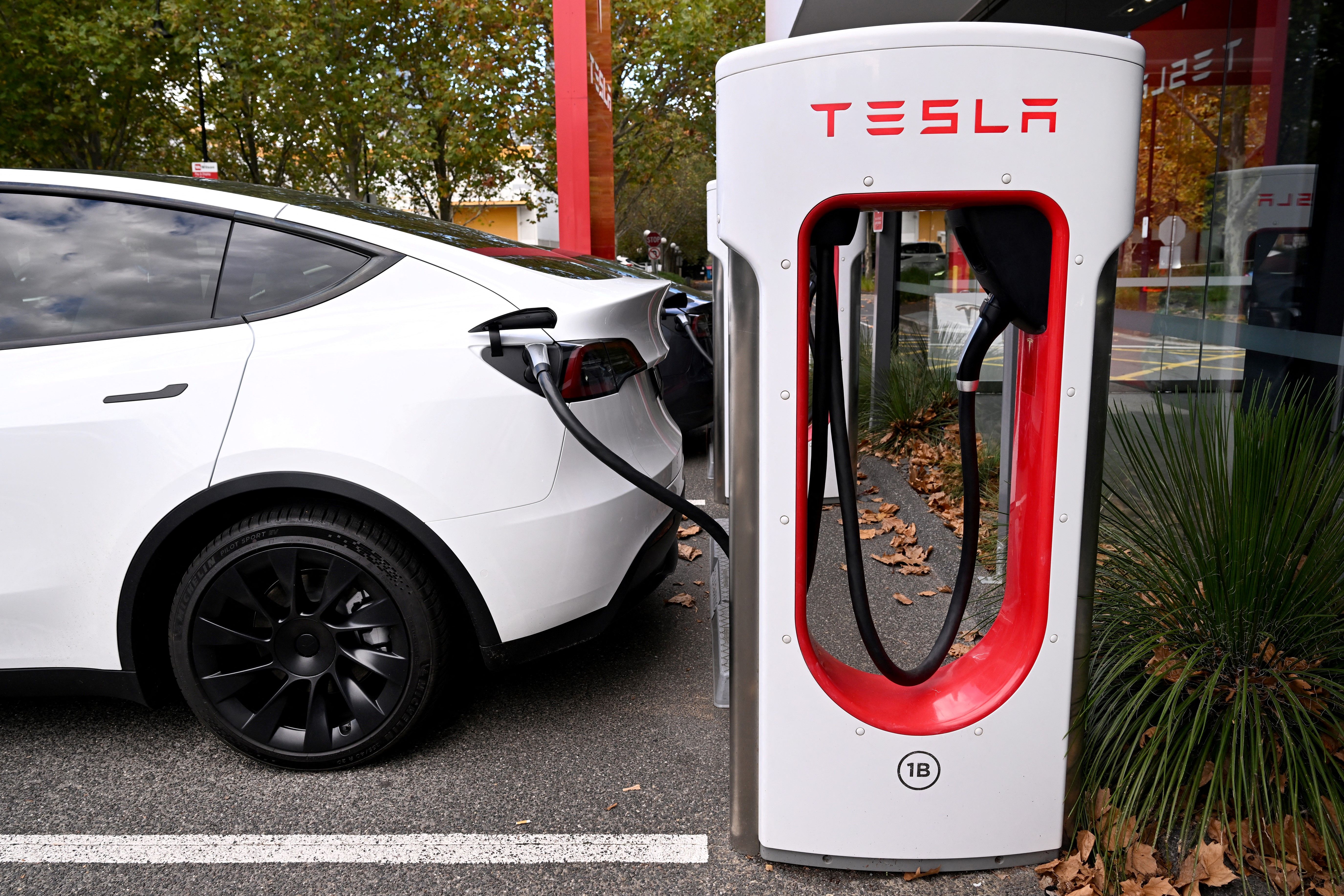Work shorter hours ‘to combat climate change’
Think tank says UK would need to adopt a nine-hour working week in order to meet Paris climate targets

A free daily email with the biggest news stories of the day – and the best features from TheWeek.com
You are now subscribed
Your newsletter sign-up was successful
Europeans need to work much shorter hours each week to help better combat climate change, a new study has suggested.
A report by the think tank Autonomy has said that with the existing carbon intensity of our economies and current levels of productivity, the UK would need to adopt a nine-hour working week in order to cut emissions by enough to meet the Paris climate agreement targets and keep global warming below 2C.
Analysing two other European countries, it says Sweden would have to cut its working hours to 12, and Germany to just six in order to decarbonise their economies.
The Week
Escape your echo chamber. Get the facts behind the news, plus analysis from multiple perspectives.

Sign up for The Week's Free Newsletters
From our morning news briefing to a weekly Good News Newsletter, get the best of The Week delivered directly to your inbox.
From our morning news briefing to a weekly Good News Newsletter, get the best of The Week delivered directly to your inbox.
The research does not address the economic impact of such a dramatic reduction.
Nevertheless, says Fast Company, the reasoning behind its proposal is simple: “if companies produced less each week, and ran their offices for fewer hours, they would also emit less CO2”.
The paper focuses on the emissions produced per industry in each economy but does not take into account other environmental advantages of reducing working hours, from less commuting to fewer goods produced and resources used.
“With more free time, workers may also end up consuming less – they might have time to walk or bike to run an errand instead of driving, for example, or might be more likely to spend time socialising rather than shopping,” says Fast Company.
A free daily email with the biggest news stories of the day – and the best features from TheWeek.com
According to the report: “The climate crisis calls for an unprecedented decrease in the economic activity that causes [greenhouse gas] emissions, and this confronts us with… the ‘necessity to be lazy’,”.
The 20th-century economist John Maynard Keynes called for a 15-working week to help people live a better life, and the idea of working less hours has begun to take hold across many developed economies in recent years.
“There have already been calls to reduce working weeks as a means of improving productivity, but working less hours as a means of reducing economic activity is more radical,” says The Independent.
Automation and AI have “also led to increasing calls for a reduction in the working week”, says The Guardian.
In 2008, the Utah state government carried out a mass trial of a four-day week with 18,000 employees, in response to the financial crash and ensuing budget restrictions.
“By reducing the number of government employee commutes, it was estimated that the reduction in greenhouse gas emissions associated with personal vehicle use – in relation to in-work behaviour – was the equivalent to taking a thousand cars off the road,” says Aiden Harper from the New Economics Foundation in City Metric. “This figure doubled when the energy savings from closing offices an extra day a week were taken into account”
-
 Kurt Olsen: Trump’s ‘Stop the Steal’ lawyer playing a major White House role
Kurt Olsen: Trump’s ‘Stop the Steal’ lawyer playing a major White House roleIn the Spotlight Olsen reportedly has access to significant U.S. intelligence
-
 Rubio boosts Orbán ahead of Hungary election
Rubio boosts Orbán ahead of Hungary electionSpeed Read Far-right nationalist Prime Minister Viktor Orbán is facing a tough re-election fight after many years in power
-
 Hyatt chair joins growing list of Epstein files losers
Hyatt chair joins growing list of Epstein files losersSpeed Read Thomas Pritzker stepped down as executive chair of the Hyatt Hotels Corporation over his ties with Jeffrey Epstein and Ghislaine Maxwell
-
 Why the catastrophe bond market is growing
Why the catastrophe bond market is growingThe Explainer The bonds pay for climate change disaster damages
-
 Why are home insurance prices going up?
Why are home insurance prices going up?Today's Big Question Climate-driven weather events are raising insurers' costs
-
 Christmas trees: losing their magic?
Christmas trees: losing their magic?In the Spotlight Festive firs are a yuletide staple but are their days numbered?
-
 The ocean's blue economy is growing. Can the tide continue to rise?
The ocean's blue economy is growing. Can the tide continue to rise?The Explainer The big blue is bringing in the green
-
 What is greenhushing?
What is greenhushing?Speed Read A new trend has companies keeping quiet about what they're doing to combat climate change
-
 Why fashion may never be sustainable
Why fashion may never be sustainableSpeed Read And should we even believe it if we see it?
-
 Autos: Fast-tracking the electric future
Autos: Fast-tracking the electric futurefeature Will the transition to electric vehicles go smoothly?
-
 Climate change is extending the tax season
Climate change is extending the tax seasonSpeed Read